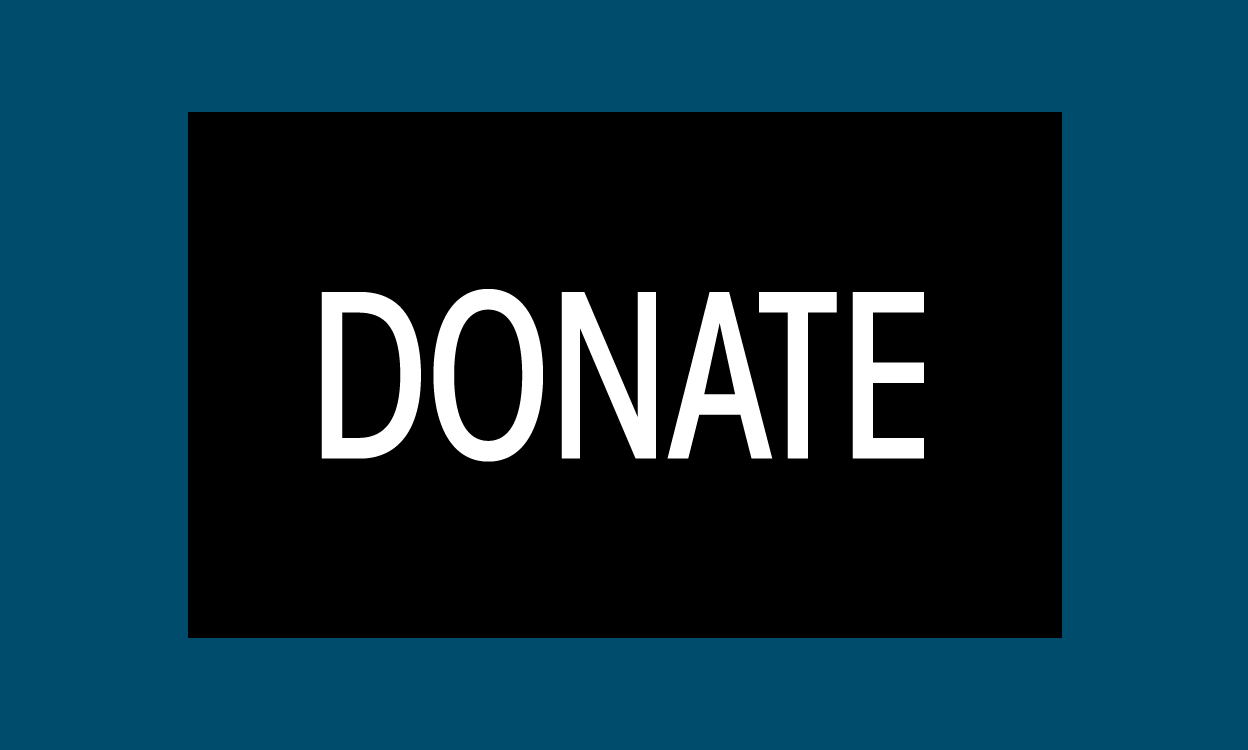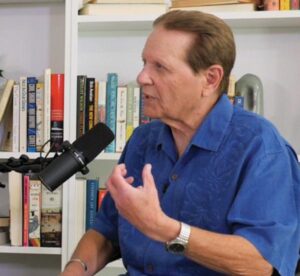There was a lot in here that I learned, and started thinking about things just a little bit differently. Particularly things that I hadn’t heard before that were about his personal life and his upbringing and the things that really changed his worldview. Like somebody mentioned, when he was really trying to figure out what was going on in Vietnam, coming from a place that was like a conditioned patriot and trying to really understand if what they (the U.S.) were doing was right or wrong, and then seeing what happened in Selma, and just saying that there’s no way that this government cares about the lives of these people overseas when they will do this to the people of their own country.
“And I also really liked the whole section on democracy. I think it’s so so important right now with all of this talk about the end of our democracy or saving a democracy to really really analyze that and ask the question what a democracy really is, and if we have a democracy and if it is a democracy, a democracy for whom and for what. And I really liked his points on how the idea of rights in our society, which is a capitalist imperialist society can only go so far, like the whole right to eat thing, and that you can exercise your rights as long as they stay within the framework of capitalism imperialism.
“The examples of Fred Hampton, and the Attica prison rebellion, they were shut down in brutally and murderous ways. And what happens when you try to exercise your own rights. He talks about the right to question and be curious and to disagree and to bring up all this in an official capacity to the people who are running the country and for everyone to be involved in wrangling with what is actually good for people being a very important part of a socialist society, and a communist society.
“Another part that really affected me was when he talked about being a strategic commander, and what it means to have broadness of mind and the generosity of spirit and also engage in sharp struggle. In particular like (somebody else just mentioned), how much he has the broadness of mind and generosity of spirit to go to every corner that he could possibly can see in front of him and that he can explore, read, and talk to all people, get everybody’s, try to absorb everybody’s differently led experiences and also different intricacies of how the different conditions that these people live in have developed and how we’ve gotten to the place that we’re in and what he can learn from people who vehemently disagree with communism or himself but have critiques that then he can learn from. And we as revolutionary communists can learn from. People who are totally on the wrong track in terms of their conclusion but with what they’re working with, really bring up important content that like we as revolutionary communists need to consider and integrate and understand.
“I think that it’s like, yeah, his examples of the people that he met, you know when they were very young, or whatever point in life that they were at, who might sound like just mouthpieces for the system but who could be totally totally transformed and he could see that potential right in front of him, whether it be in the sixties or some of the youth that he talks to today. I think that, I personally see that in a few ways but it’s really impactful to hear him talk about that, because he has such a conviction about that. There’s no maybe, some people are just too far gone or something like that, it’s like no, it’s like literally every single person has this potential and we need to believe that in order to make this revolution possible.



